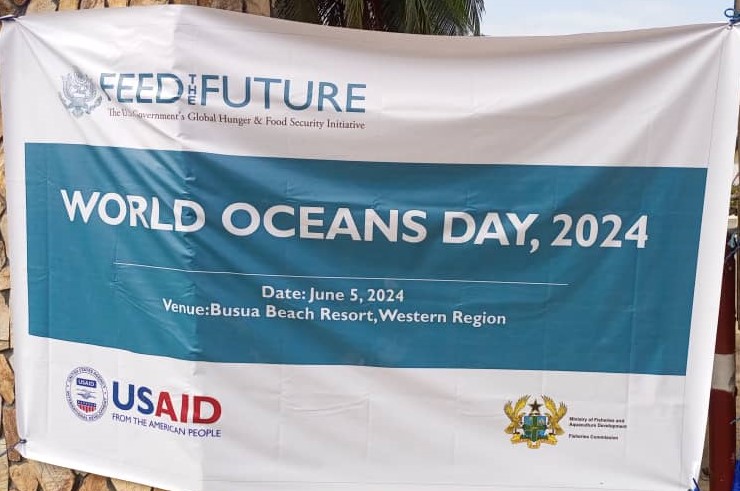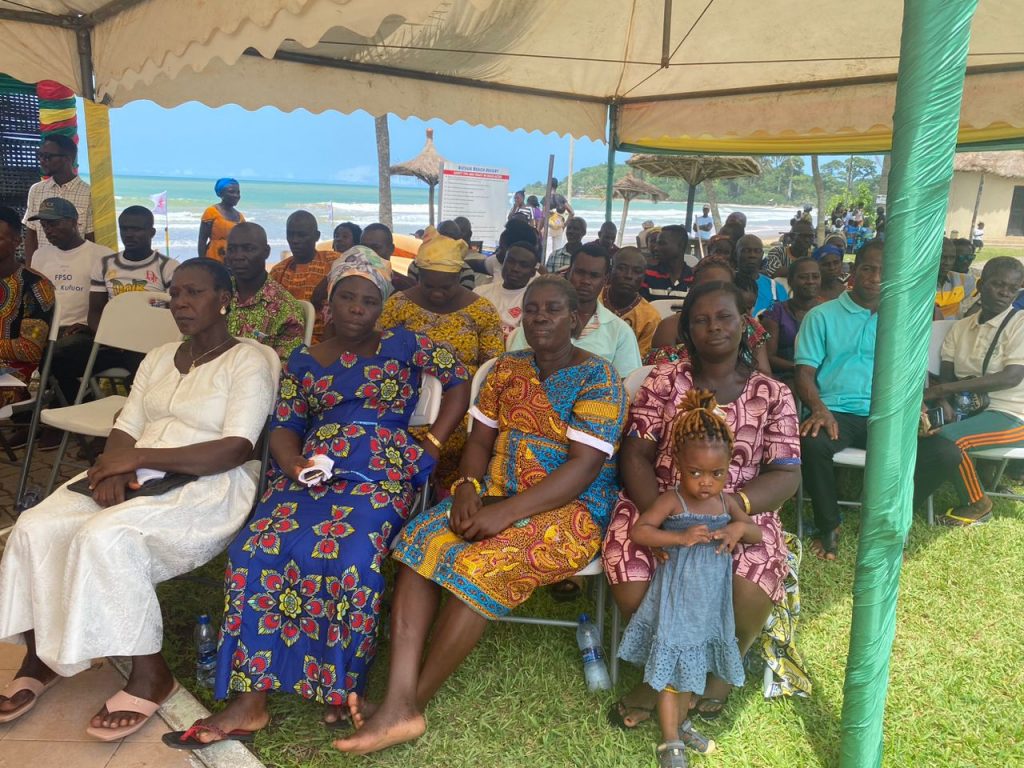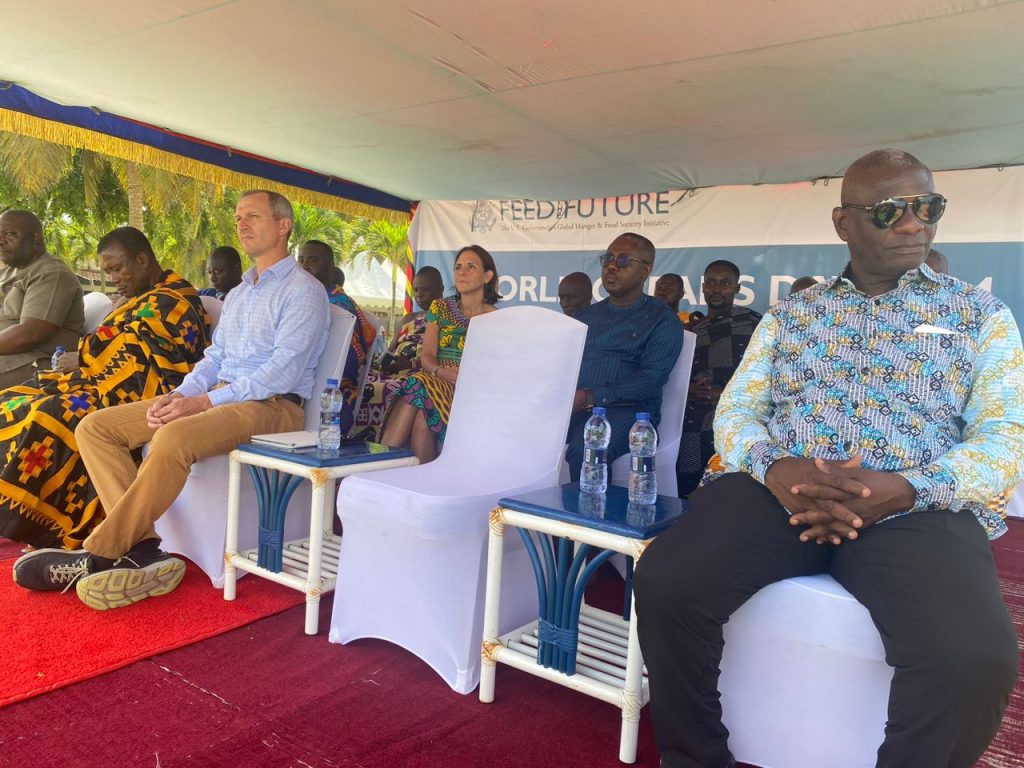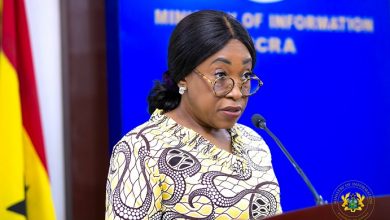World Oceans Day Marked With Calls for Action on Marine Protected Areas

The Western Regional Director of the Fisheries Commission, Joseph Yeboah, says key sectors of Ghana’s economy depend on the quality of the oceans in the country.
According to him, overfishing, pollution, and the activities of marine industries have affected the quality of the ocean, creating a threat to the ecosystem.
Mr. Yeboah, in a speech to commemorate World Oceans Day in Busua, said the onus lies on individuals to conserve and protect 30 percent of the territorial inland waters, coasts, and marine areas by 2030.

He, however, revealed that the target set for Marine Protected Areas (MPA) is yet to be achieved.
Mr. Yeboah urged fishermen to adopt the best fishing practices to safeguard the ocean’s health.
” Key sectors of our economy such as the Fisheries, Marine type Transport, Oil and Gas, Telecommunication, and Tourism all depend on the health of the ocean.
However, for several decades our impact on the ocean has been expanding due to overfishing, coastal development, habitat loss, pollution and the activities of marine industries.
These cumulative threats can led to unpredictable weight which makes it impressive for us to take bold steps to protect the ocean and it’s biodiversity.
Subsequently in 2022, negotiations led to the adaption of the Montreal Global Biodiversity framework work known as the 30 by 30 target.
Target 3 of this framework committa us a. country to conserving 30 percent of territorial inland waters coastal and marine areas by 2030. As we join stakeholders globally to celebrate World Ocean Day on June 8, we all recognize June 5 as the World’s Day against illegal, unreported, and unregulated fishing, “
On his part, Western Regional Minister Kwabena Okyere Darko Mensah said he is aware of communities such as Nzilinbo and Allengenzule, where the effects of the sea are evident, eroding properties and businesses along the coast in the Jomoro Municipality.
Mr. Darko Mensah encouraged dialogue, community engagement, sensitization, and training of inhabitants on the importance of the Cape Three Point Marine Protected Area.
He also called on chiefs to institute taboos to conserve the ocean.
” In the wake of these challenges, we discovered oil and continue to find more oil, especially around the Cape Three Points enclave. Oil exploration in the deep waters could interfere with the livelihoods of the numerous fisherfolks who depend on the ocean.
Nana Chairman, you will agree with me that conservation is a prerequisite for the preservation of marine resources coupled with the fact that the Cape Three Points enclave is the Oil exploration hub of the region, and as we speak Pecan energies is at advanced stages of development Oil wells in the area,”
He said, “Therefore, designating the Cape Three Points enclave as a Marine Protected Area, MPA will not only preserve the Marine resources by will enable the Oil companies to operate without interference from fishermen.

In communities such as Nzilinbo and Allengenzule the effects of the sea are evident reoding properties and businesses along the coast in the Jomoro Municipality.
On this note, let us encourage dialogue, community engagement sensitization and training of inhabitants on the importance of the Cape Three Points Marine Protected Area and the need for community members to champion the conservation.
Our Chiefs could institute taboos as a conservation measure and at the end of the day there should be mutual benefits to the communities and conservationists,”




